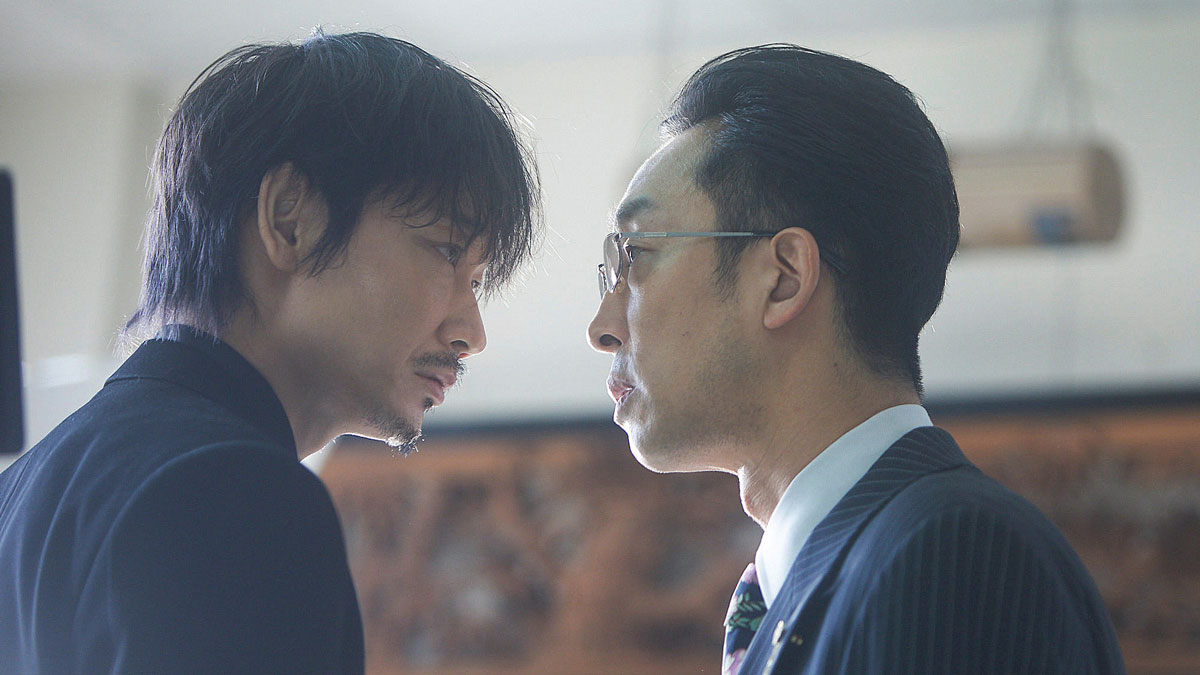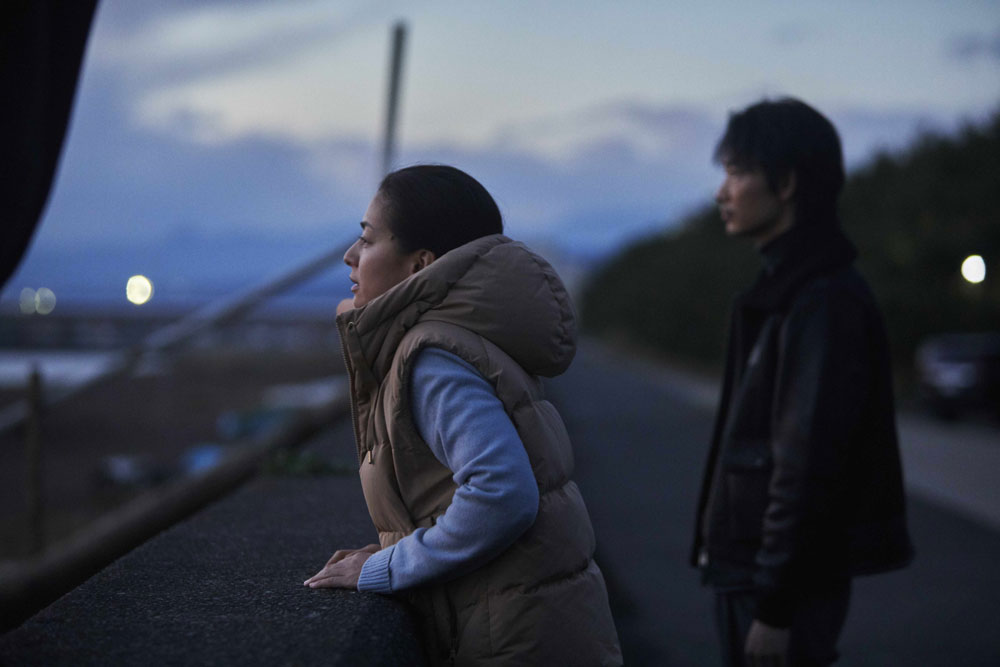
(c)2021 “Yakuza and the Family” Production Committee
“Yakuza and the Family” An unwavering bond in changing times. Michito Fujii's achievements in 10 years as a director
2021.01.30
A counter to the modern era where the Yakuza are treated as “devices”
Following " The Journalist ," Director Fujii and Star Sands have teamed up again. Considering that the project was not originally planned by Director Fujii, "The Yakuza and the Family" can be called an "evolution" in which the personalities of both directors are more densely intertwined. And as I have said before, their great challenge with this film is to reexamine "yakuza" not as content but as people. The seriousness of the project can be seen from the episode in which they invited writer Okita Garyu, who used to belong to a yakuza organization, to supervise the script.
In the first half of this film, we update the yakuza film with a modern perspective, and in the second half, we shatter the "illusion" that has been built up, and in the ruins, we ask ourselves a sharp question: This is the "true form" of those who live in this country. And the moment we know this, our concept is rewritten, and we can no longer see the existence of the yakuza as something separate from our own lives.
For example, " Parasite " (2019) is a fable that deals with social inequality. " Shoplifters " (2018) is a story that looks at the state of a family from the perspective of a pseudo-family and criminals. Throughout history, history-changing movies have given viewers new values, and this film is filled with that quality and determination. It asserts itself powerfully, like fresh blood flowing from a clenched fist.

“Yakuza and the Family” (c)2021 “Yakuza and the Family” Production Committee
In the second chapter of The Yakuza and the Family, a faint, misty hint of the decline of the yakuza begins to hang over us. In the third chapter, which depicts the events 14 years later, this has become as commonplace as air. Yamamoto faces a "world that erases the yakuza." This element overlaps not only with the real world, but also with the "sense" that is deeply rooted in us.
Not only in movies, but also in TV dramas, novels, manga, anime... In all media, we have treated the yakuza as a kind of fantasy. Some are projections of our admiration for the outlaw way of life, while others are derivative works that depict them as "social reform bosses." However, how many of the works that use the yakuza as a motif actually look at their "lives"? The world in which the yakuza are treated as a "device" in a story is the "now" in which we live.
In other words, "The Yakuza and the Family" is a work that pursues realism, but at the same time, it is also a work that pays respect to all modern "yakuza" things, and launches a kind of counter. What's interesting here is that this work, which has raised a signal fire, is not a "lonely army." Interestingly, works with a similar perspective to this work have begun to appear in recent years.
Here are two examples: director Miwa Nishikawa's new film, " Wonderful World " (released February 11, 2021), and, perhaps surprisingly, the popular manga, " My Hero Academia ."

